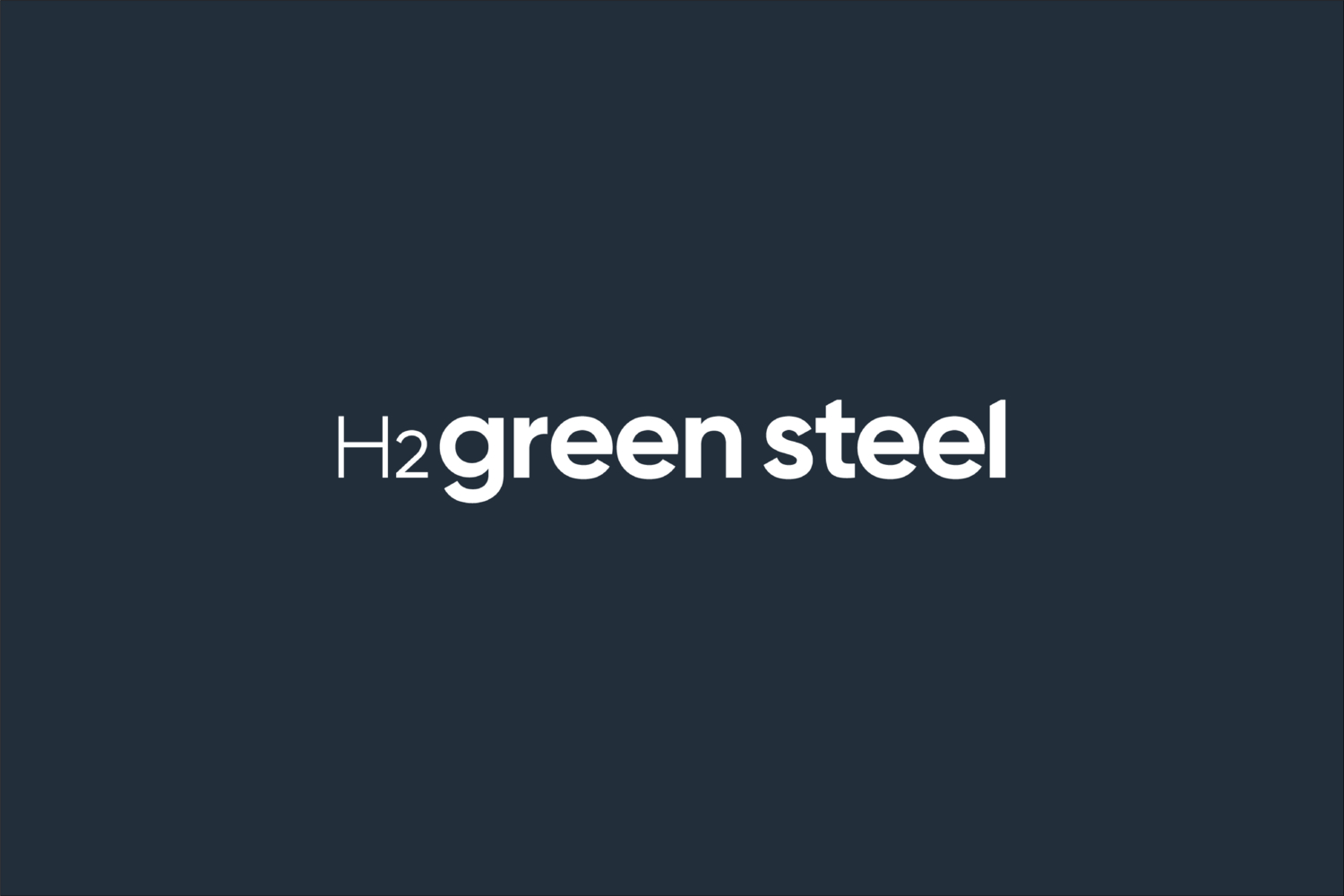Analysis

August 20, 2022
H2 Green Steel and BMW Partner to Reduce Emissions
Written by Becca Moczygemba
BMW Group and Swedish steelmaking start-up H2 Green Steel (H2GS) have solidified their contract for CO2-reduced steel. Roughly 40% of pre-consumer steel scrap will be returned to H2GS’s electric arc furnaces (EAF) to be recycled, according to the deal.
![]() H2GS will provide green steel to the German auto manufacturer, and requires CO2 reductions and improved circularity to produce it. This means material must be produced by utilizing a significant amount of green, unspoiled iron and scrap, and processed with electricity from a renewable energy source. The total amount of carbon emissions are required to be 90% less than what the traditional steelmaking process would produce when using a blast furnace.
H2GS will provide green steel to the German auto manufacturer, and requires CO2 reductions and improved circularity to produce it. This means material must be produced by utilizing a significant amount of green, unspoiled iron and scrap, and processed with electricity from a renewable energy source. The total amount of carbon emissions are required to be 90% less than what the traditional steelmaking process would produce when using a blast furnace.
The Swedish steelmaker is dedicated to the Greenhouse Gas (GHG) Protocol to control direct emissions (Scope 1), indirect emissions from electricity, heat, and steam (Scope 2), and indirect emissions from the production of fuels, transport related activities, outsourced activities, and waste disposal (Scope 3).
Likewise, auto manufacturer BMW shares the commitment to reducing CO2 emissions.
“We are on a mission to decarbonize the steel industry. Working with progressive companies like BMW Group, pushes us to be better both in our own operations and our value chain,” said Henrik Henriksson, H2GS’s CEO. “It also pushes us to be an even better partner to our customers and raises the bar for industry peers on the decarbonization journey.”
Founded in 2020, Stockholm-based H2GS wants to accelerate the decarbonization of the steel industry with green hydrogen. Its first green steel plant is under development in Boden, in northern Sweden, and is expected to bring steel to market in 2025.
By Becca Moczygemba,Becca@SteelMarketUpdate.com






